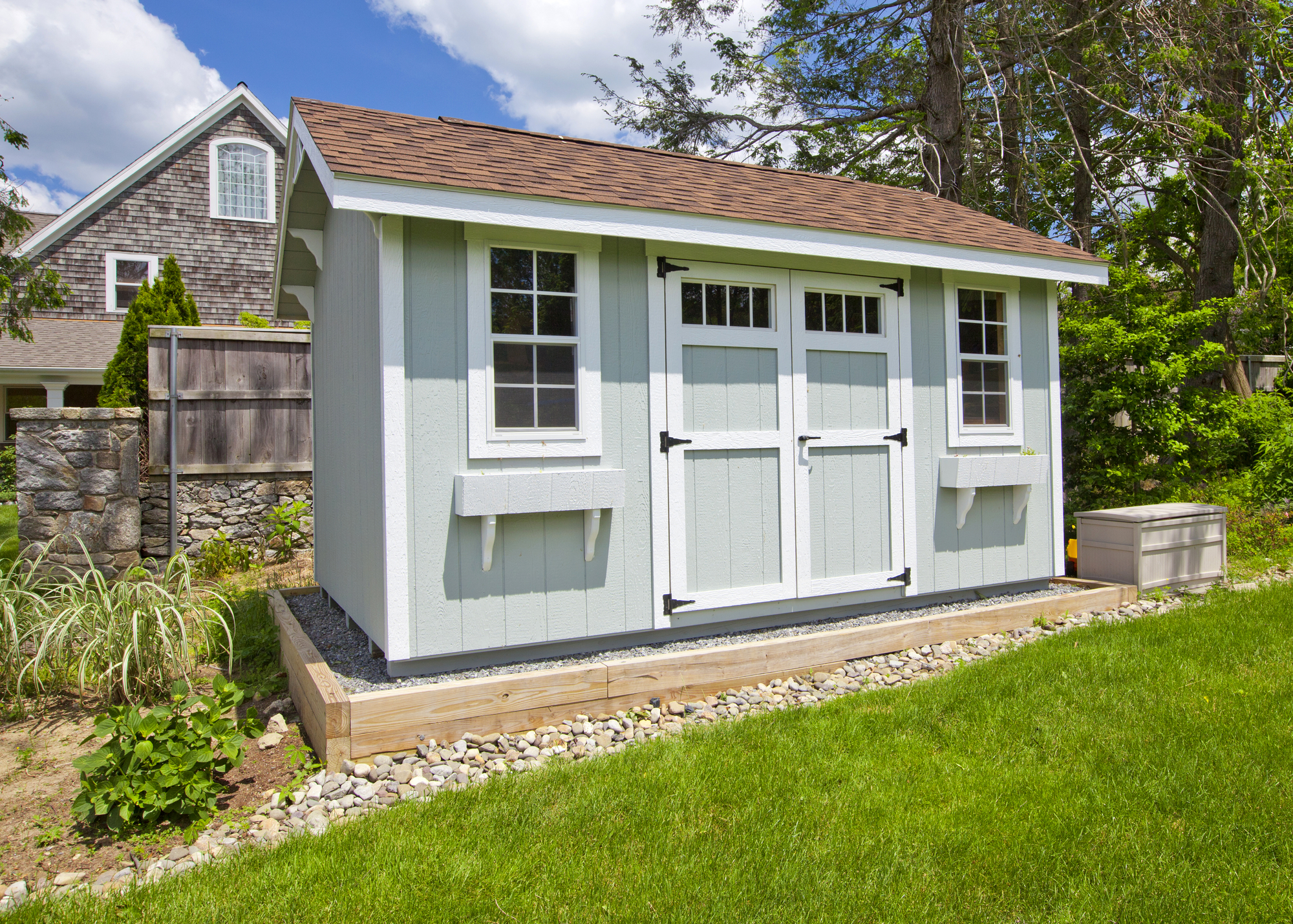Last Updated on October 24, 2023 by CREW Editorial
The rise of e-commerce has opened a window of opportunity for would-be property investors to get into the industrial sector.
This comes at a time when the presence of the brick-and-mortar sector is continuously being threatened by the gradually growing e-commerce sector, said Frank Magliocco, national real estate leader at PwC Canada.
“Fulfillment warehousing space is definitely at the top of investors’ minds. It’s a direct result of the increasing penetration of e-commerce sales. Because of that ride, there’s a massive demand for fulfillment space that will grow even more in the near future. It’s as simple as that,” he told the Financial Post.
Magliocco said while e-commerce only represents 9% of retail sales in Canada, the sector will continue to have a “big impact” on industrial spaces.
Warehousing and fulfillment projects have been in the news recently, with Amazon announcing plans to build a new centre in Scarborough. DSV Canada is currently constructing a 1.1 million-square-feet centre in Milton, while UPS Canada is developing an 850,000-square foot facility in Caledon.
“The sheer size and scale of these projects are huge. Most are talking 1 million square feet or more,” CBRE executive vice president Kyle Hanna told the Financial Post.
Hanna said one of the biggest reasons why investors see potential in the sector is the lower development costs warehouse buildings require.
“It’s a square box that requires less capital and can be reused, which can translate into billions of dollars,” he said.
While a lot of warehouse deals are centred on the Greater Toronto Area, Vancouver, Calgary, and Montreal are also starting to become hotspots, said Gil Gordon, a senior vice president with Cushman & Wakefield in Toronto.
“The GTA is the third-largest industrial market in North America with the lowest vacancy rate of 1.3%. That’s staggering, but gives you an idea of what is happening in the sector,” he said.








